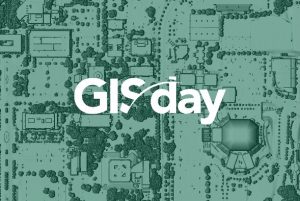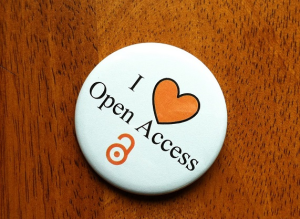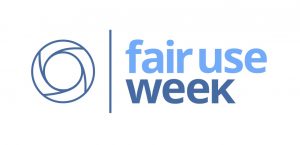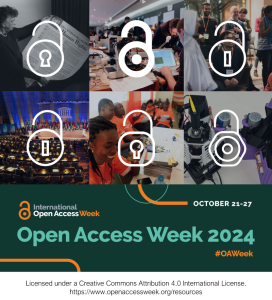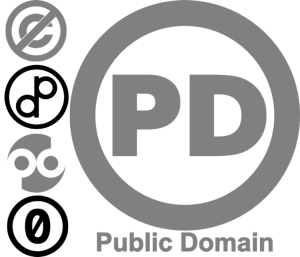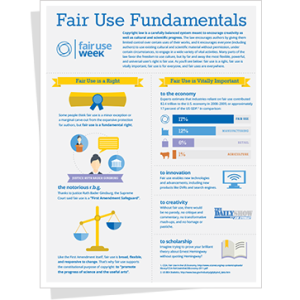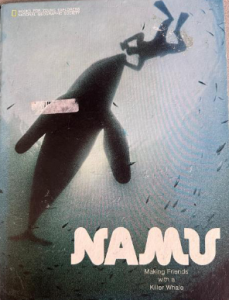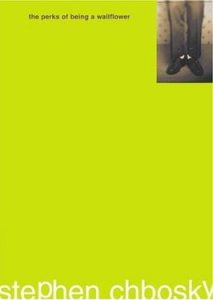Reading Time: 2 minutesEarlier this semester the USF Libraries catalog, powered by Primo and hosted by the Florida Virtual Campus Library Services, was upgraded with an AI research assistant. When searching with the Primo Research Assistant, your keywords or question will now be turned into …Continue Reading
Category: Across the Academy
Mapping Minds, Shaping the World: Recap of ESRI GIS Day 2024 at USF Libraries
Reading Time: 2 minutesFollowing USF Libraries’ incredible GIS Day 2024 event in November, we are thrilled to announce that the presentation recordings are available for viewing in Digital Commons. This annual event brought together students, faculty, and GIS enthusiasts to explore the latest advancements in Geographic Information Systems (GIS) and their applications across various fields.
AI and Fair Use: Celebrating Fair Use Week 2025
Reading Time: 2 minutesFair Use Week 2025 takes place from February 24-28, 2025. This year, we are continuing to watch several court cases that could decide how generative artificial intelligence (AI) tools function or establish new understanding of how U.S. copyright law enables innovation and creative uses of copyrighted content through an exception known as fair use.
Open Access Week 2024
Reading Time: 2 minutesDuring the last full week of October each year, members of the research community come together for Open Access Week. Librarians and researchers around the globe take time to discuss the impact open access (OA) has had over the last few decades, identify recent trends in OA, and tackle new issues and problems in open access.
Finding the Public Domain
Reading Time: 3 minutesDigital Dialogs has often featured posts on the public domain and the USF Libraries’ new public domain materials. For our annual digitization the Libraries’ selects material with a publication date that indicates it would fall in to the public domain by its copyright expiration. No matter how straightforward this may seem, determining what is public domain can be quite complicated.
Fair Use Week 2024
Reading Time: 2 minutesFair Use/Fair Dealing Week, February 26th-March 1st, 2024, is a celebration of this exception in copyright law. Every year, fairuseweek.org provides a central location where libraries, museums, and related institutions can share the events and programming that they have planned as a celebration of fair use.
Library Lovers’ Day: Learning to be a skeptical reader
Reading Time: 6 minutesIn honor of Library Lovers’ Day, Digital Dialogs asked members of USF Libraries’ faculty and staff to share a story about a book that impacted their life. Read one of these stories below! This guest post was written by Zibby Wilder, Assistant …Continue Reading
Library Lovers’ Day: “And in that moment, I swear, we were infinite”
Reading Time: 3 minutesIn honor of Library Lovers’ Day, Digital Dialogs asked members of USF Libraries’ faculty and staff to share a story about a book that impacted their life. Read one of these stories below! This guest post was written by Jessica Szempruch, Assistant …Continue Reading

